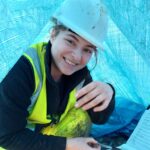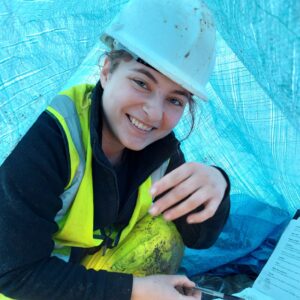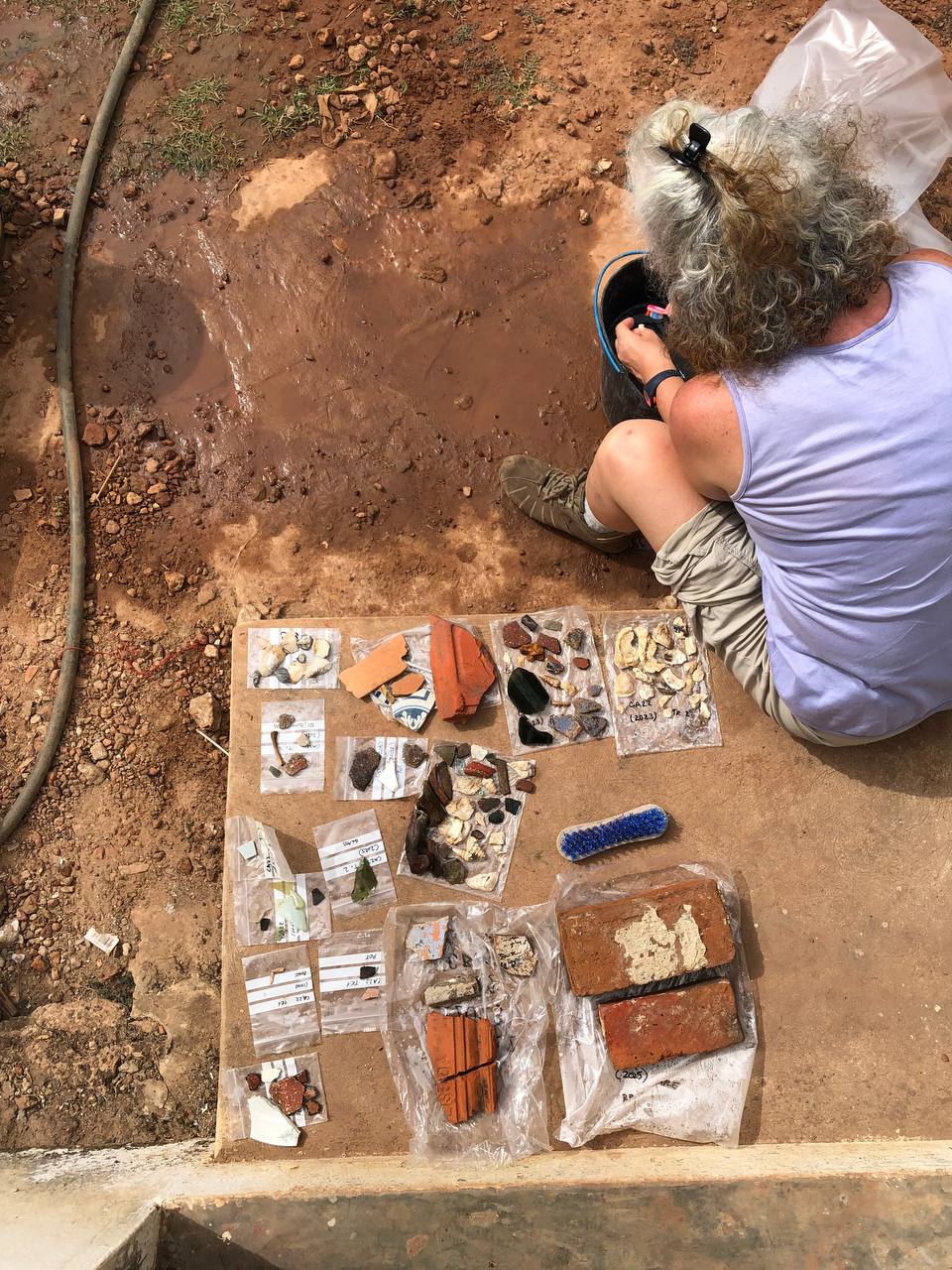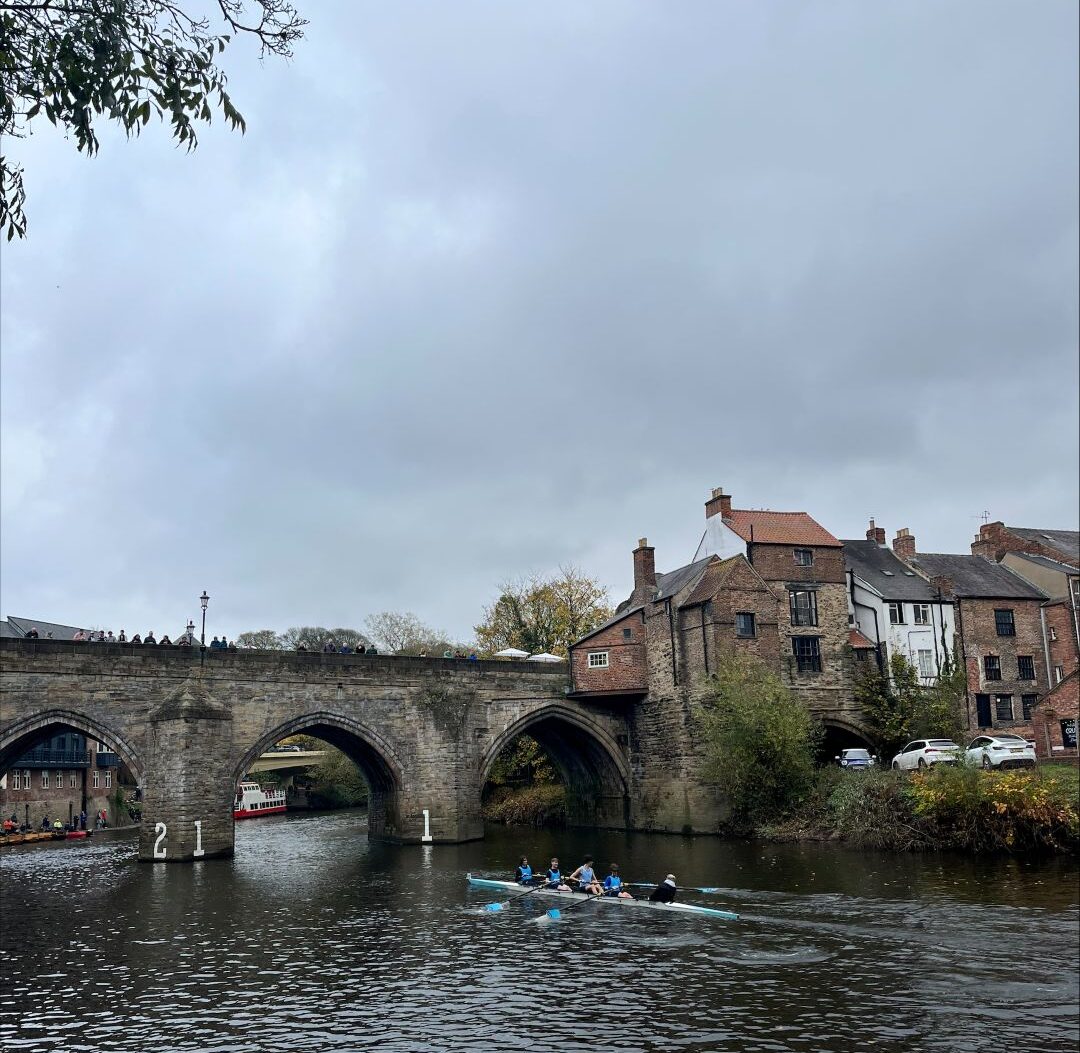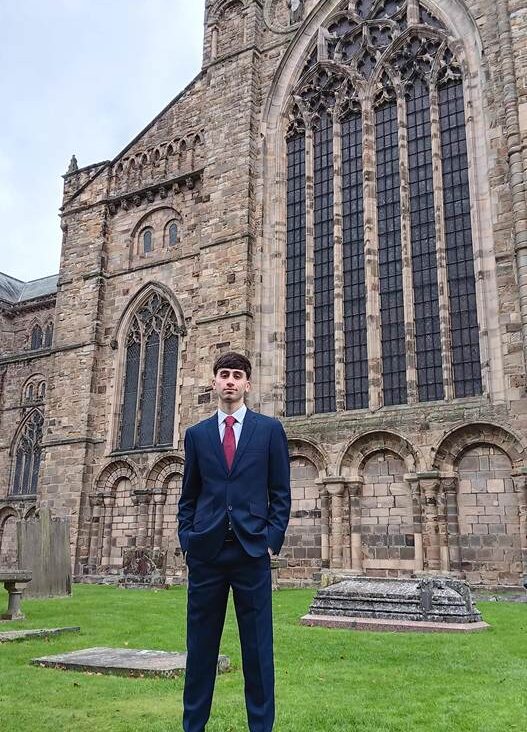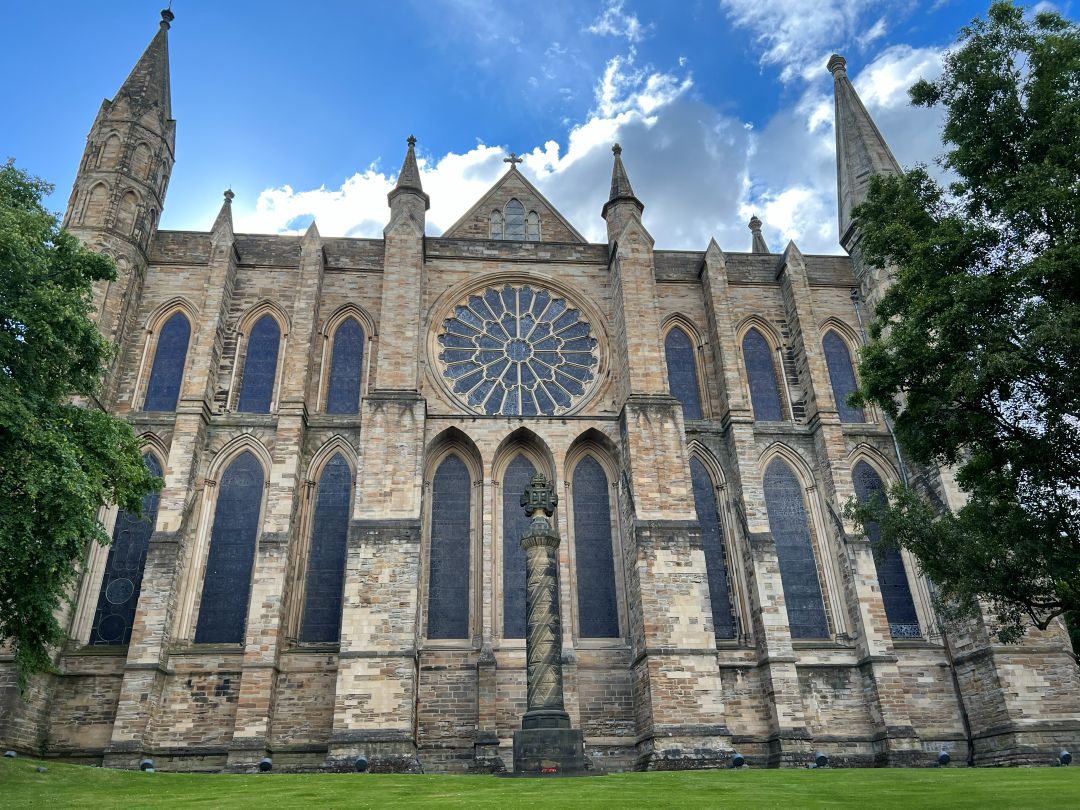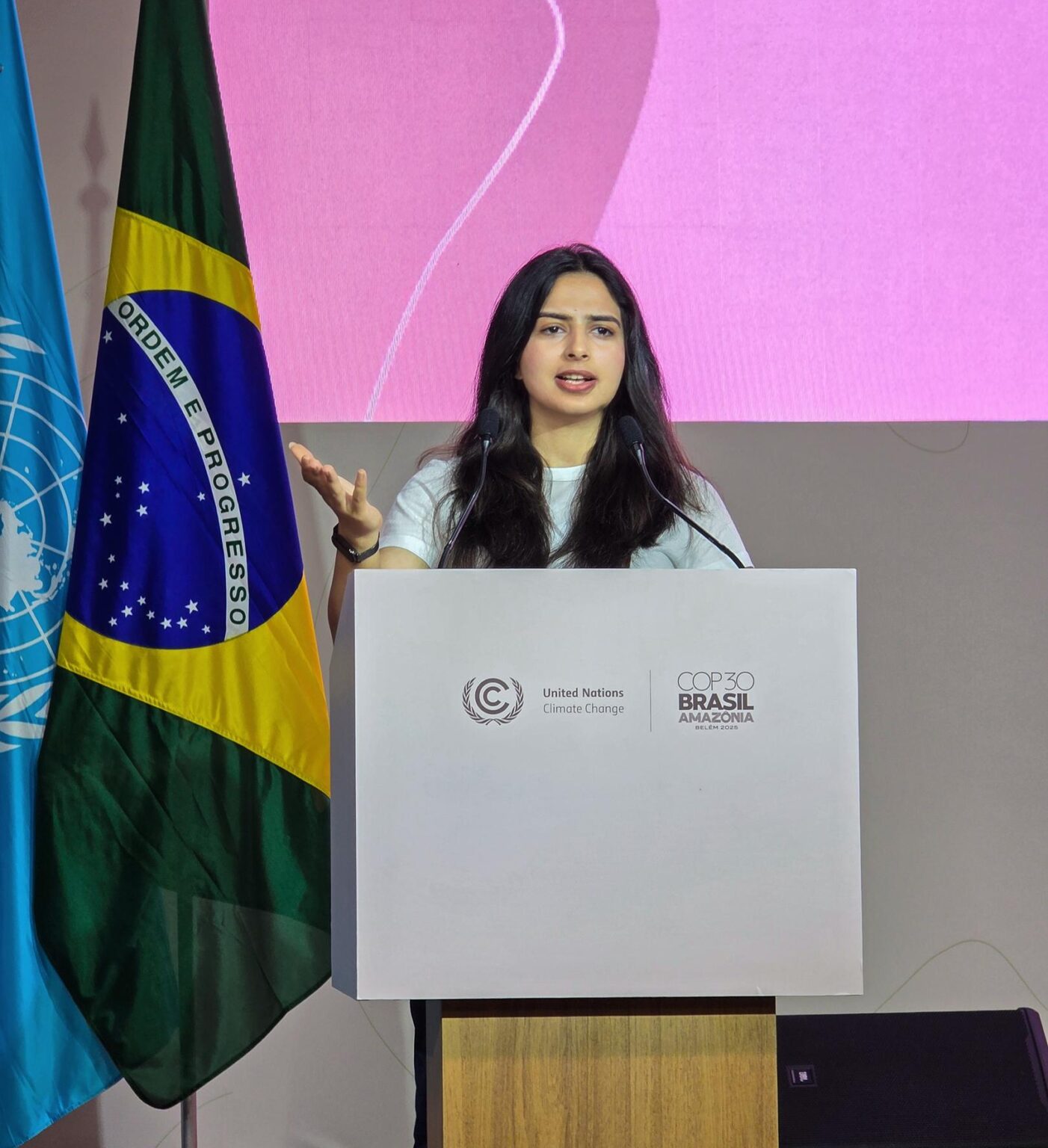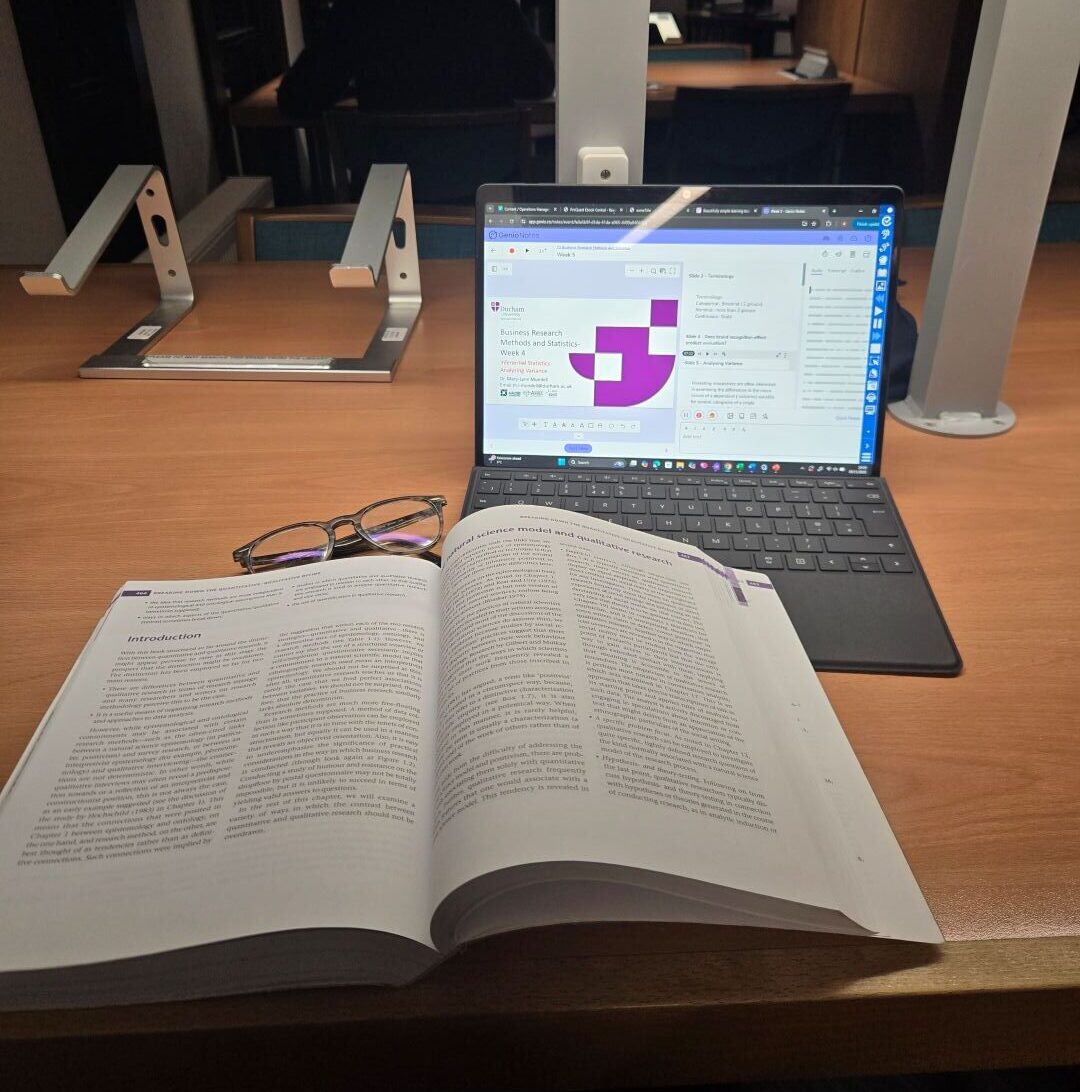As someone who joined Durham during the COVID pandemic, my first year was an all-online affair; all things considered, I decided to wait to gain digging experience and join when the timing was right — and so it happened in March 2022.
My first ‘serious’ excavation took place in the town of Cacheu, Guinea-Bissau, under the supervision of Dr. Rui Gomes Coelho, an Assistant Professor at the Department of Archaeology of Durham University. Dr. Coelho’s project, Ecologies of Freedom, is a study that deals with the impacts of colonialism and slavery in Guinea-Bissau and Portugal. It is being conducted in collaboration with multiple partner organisations, including the Memorial of Slavery and Slave Trade in Cacheu.
Guinea-Bissau used to be a Portuguese colony until very recently (1974). The origins of rice cultivation and knowledge about its different strands is what links the two sites together. It prompted me to think about the way knowledge can be related to human trafficking. When people’s humanity is put to question, what remains of them? What were their lives like? How can I, as an archaeologist, contribute to telling their stories?
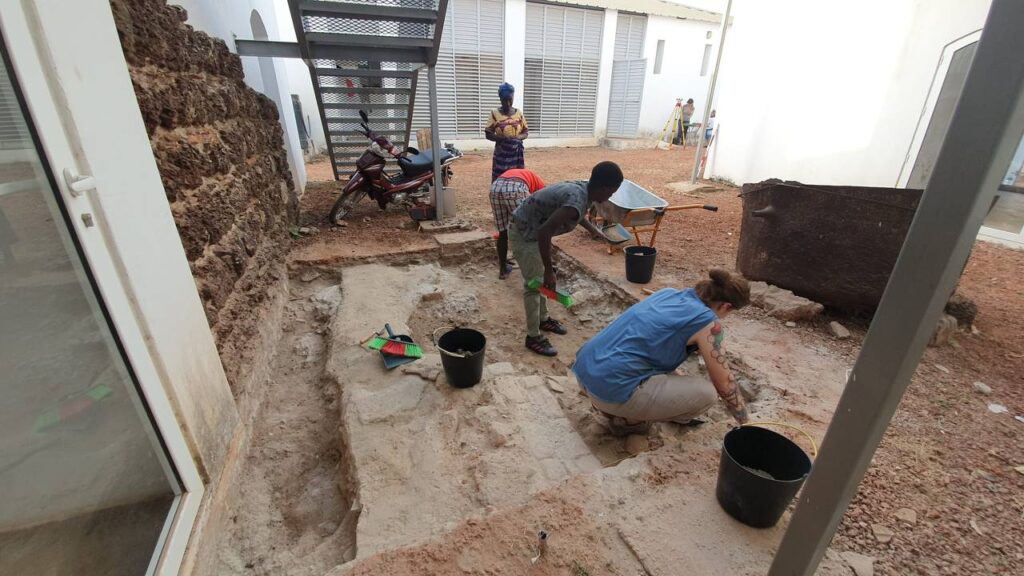
As an unexperienced student, I chose a project that felt challenging — not just physically, but also mentally — and joined Dr. Coelho and his team in their dedication to better understand the movement of enslaved people and the environmental impact of slavery on local communities. I wanted the challenge of hard physical labour: troweling and digging soil, carrying buckets full of it, sieving under the hot, unforgiving sun — and the mental stimulation of learning new skills, filling out paperwork, drawing sketches, analysing the processes. It was all new and, at times, overwhelming — but it only further fanned the flames of my fascination with archaeology, and I took up a placement year soon after.
It was an exciting year — a placement in commercial archaeology is, in a sense, a crash course in some of your future career options. And at the end of it, I found myself missing the routine — the whole wake up early, get your gear on sort of thing — that’s how I ended up working with Dr. Coelho again, this time in Alcácer do Sal, Alentejo, Southern Portugal. The summer of 2023 brought on new challenges: this time, I had more experience, but every excavation is unique — from the terrain to the team, and it’s often a situation of learning as you go. I offered guidance to other students where I could, and it was gratifying to see how they were putting their newly learned skills to use. This was my first experience of teaching others in such a way, and I learned from it, as well — it taught me restraint and patience not just with others, but with myself, too.
To this day, it’s what I like about archaeology the most — it has a presence: you see it in the material culture you come across, excavating a place that once used to be bustling with activity. You see it in the decisions we make, as archaeologists, and the actions we take as a team. It is intangible in the stories communities carry through generations, which make their presence known in songs, folktales and recountings of events long past. At the end of the day, it all comes back to people — it is the study of human past, after all — and in the present, it doesn’t get any more exciting than that.
Discover more
Learn more about the Ecologies of Freedom project here
Feeling inspired? Visit our Archaeology webpages to learn more about our postgraduate and undergraduate programmes.
Follow our students on Instagram, TikTok and YouTube
